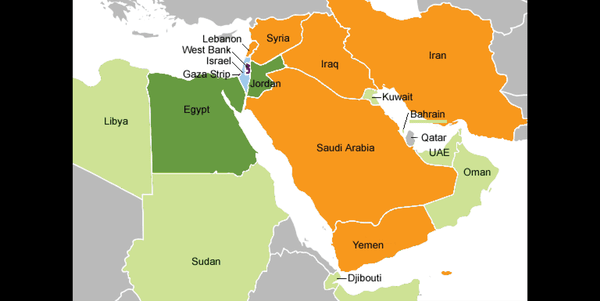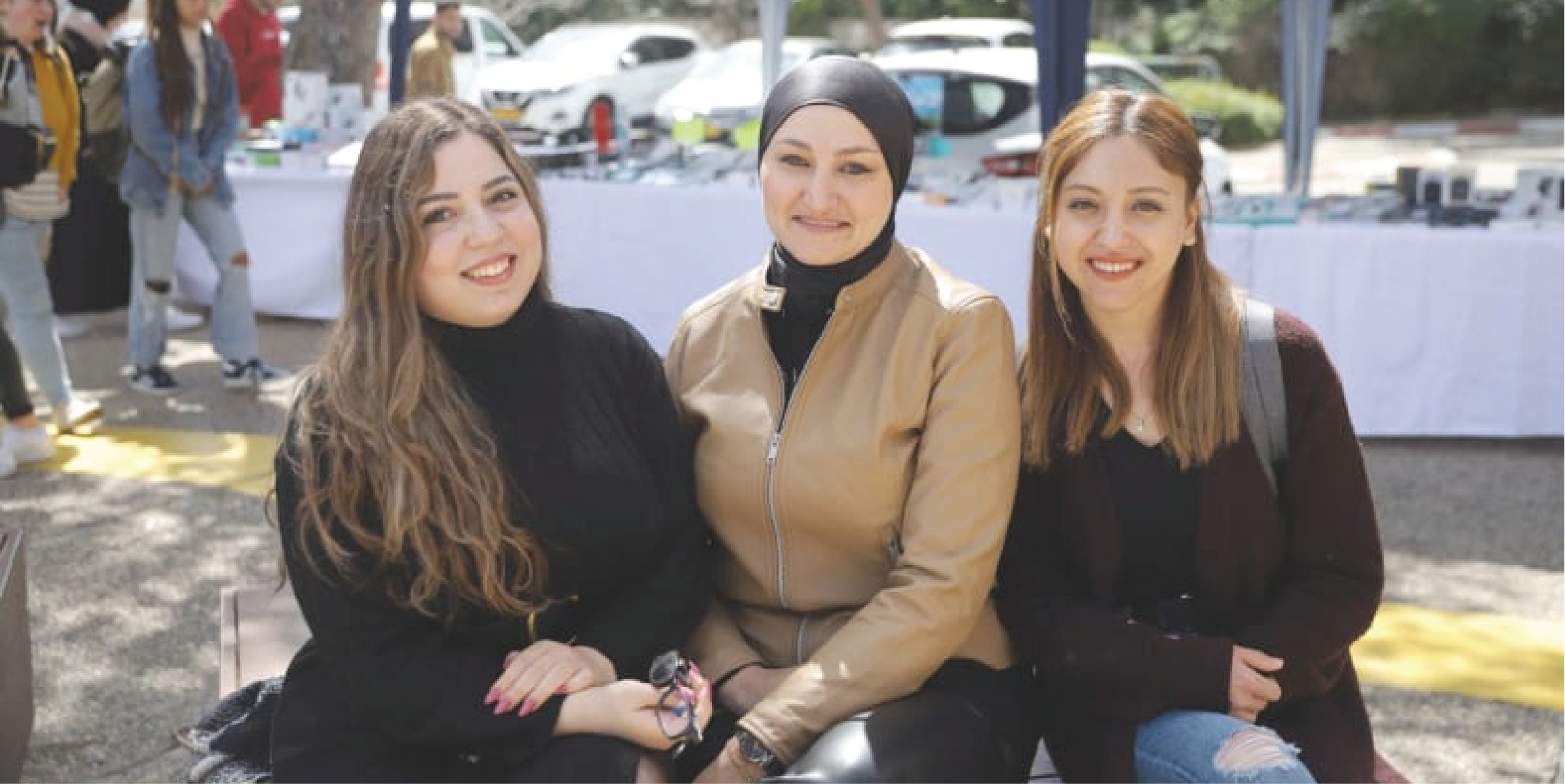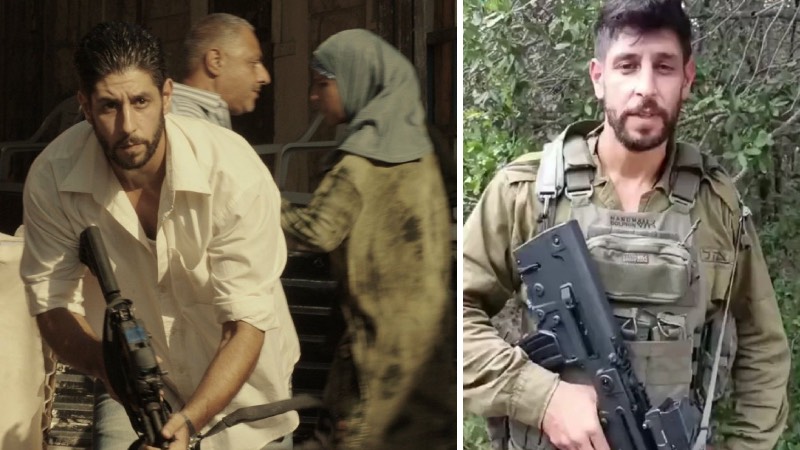Israel’s Start-Up Movie
July 6, 2016Israel has become known as the “start-up nation” because of the long list of hi-tech innovations it has introduced to the world. Now there is another innovation – albeit in a different field of endeavor, but no less important.
Besides being a fun and entertaining movie in its own right, “Stories of Rebbe Nachman” is a great innovation in Jewish education, in its being filled with many important Torah themes that can be discussed in class, or at home, in a way that Rashi never dreamed of. It’s a brand new type of film – a Torah movie! Now that the DVD is available, in English with Hebrew subtitles, the film should be a staple learning tool in every school classroom and Jewish home library.
The director of the movie, former Hollywood screenwriter Tzvi Fishman, says he designed the film for precisely this purpose. “It is no secret that everyone has their eyes glued to screens these days,” Fishman says. “Whether it’s a TV screen, movie screen, or computer and smart-phone screens, the world is addicted. Today, many classrooms even have ‘smart-screens’ in an effort to speak to the student in his or her own language. So we set out to make an entertaining movie that was also filled with Torah messages, without lecturing or hitting the viewer over the head. That’s why we picked Rebbe Nachman’s stories. The stories are captivating parables, with kings, and princes, and demons, while containing hidden treasures of Torah.”
That’s also why the filmmakers decided to film four stories, instead of one long film, so that teachers could screen each story independently and have lots of class time to discuss their meanings and messages for today.
Rabbi Daniel Dayan is part of the ensemble of actors. Today, he has a long beard (yes, that’s his own beard in the movie and not a fake prop) and lives in Tzfat, but thirty-five years ago he was a good friend of Tzvi Fishman when they both lived in Hollywood, trying to make it big in tinsel town. “Rebbe Nachman said that a person who regularly learns Torah and observes all the mitzvot can be considered in a state of slumber if he does so in a mechanical way, lacking joy,” he explains. “Because stories can penetrate the heart and feelings of a person, and not merely his head, like with analytical learning, they have the power to bring a person to new and unexpected insights, often on a deeper level than intellectual endeavor alone.”
To help teachers, parents, and all viewers of the movie appreciate the many deep Torah themes in the stories, Fishman has added a “Teacher’s Guide” to the DVD. The guide explains Rebbe Nachman’s parables and offers points of discussion, to help engage students and viewers in the content and themes.
For example, in describing the famous story of “The Treasure under the Bridge,” the guide explains:
“The first obvious message of the parable is that everyone has a treasure within them. For Rebbe Nachman, this treasure is the Jewish soul and our special connection to Hashem and to Torah. But some people are not aware of this treasure, or were never educated to recognize it. In other cases, the influences of foreign cultures and beliefs causes people to forget the unique Jewish treasure within them. This is true for individuals and also for the Jewish People as a whole. After a very long exile, wandering in foreign lands, our sense of who we are as a Nation became distorted and confused. Today, the Nation of Israel is in the process of rediscovering who we really are.
“In a more universal sense, all people have treasures within them. Some people are very kind, others are very creative; some people excel in sports, while others have keen intellectual skills. Some people have the treasure of being good listeners and friends….”
After the explanations of the stories, which include the Rebbe Nachman classics, “The Turkey Prince,” “The Worldly Son and the Simpleton,” and the fun and song-filled story of the wooden sword, “A Matter of Trust,” the teacher’s guide presents a list of questions and points of discussion. Here are some examples for the “The Treasure under the Bridge”:
- What do you think the treasure symbolizes?
- What is the significance of the Peasant’s finding the treasure in his very own house?
- There can be many types of treasure that a person can have – name some of them.
- A nation can also have national treasures. For example, some lands are rich in coal, or oil, or possess abundant wildlife like in Africa. What are some of the treasures of Am Yisrael?
At a recent screening of the movie in Bet-El, the audience was mesmerized with the beautiful cinematography and professional acting, and especially the magical performance of Israel’s popular actor, Yehuda Barkan. The new “Teacher’s Guide” that comes with the DVD deepens the experience and makes it ever more rewarding.
Similar posts
-

Israel Is Held To A Higher Standard Than Any Country
April 25, 2024In the intricate tapestry of global affairs, one nation stands out for enduring scrutiny and condem...
-

Israel Has The Most Moral Military In The World
April 10, 2024In the heart of a region often riddled with conflict, Israel stands out not only for its technologi...
-

The Resilience of the Israeli People
April 2, 2024Visitors from around the world have seen Hamas's October 7th Massacre's destruction in southern Isr...
-

Israel: Small Size, Big Impact
March 21, 2024Nestled along the eastern edge of the Mediterranean Sea, Israel is a land of immense historical sig...
-

Israelis Are Fighting For Their Lives
February 21, 2024By Jonathan S. Tobin The world looks a lot different from Kibbutz Kfar Aza than it does in the U...
-

Over 2 Million Arabs Live In Israel
January 23, 2024In the complex landscape of the Middle East, where diverse cultures and identities intersect, Israe...
-

'Fauda' Star Idan Amedi Injured Fighting in Gaza
January 8, 2024Despite the severity of his injuries, Amedi's father assured Israeli news channels that his life is...
-

Israel Is A Great Country To Live In
December 28, 2023Nestled at the crossroads of the Middle East, Israel stands as a vibrant and dynamic nation, offeri...



















